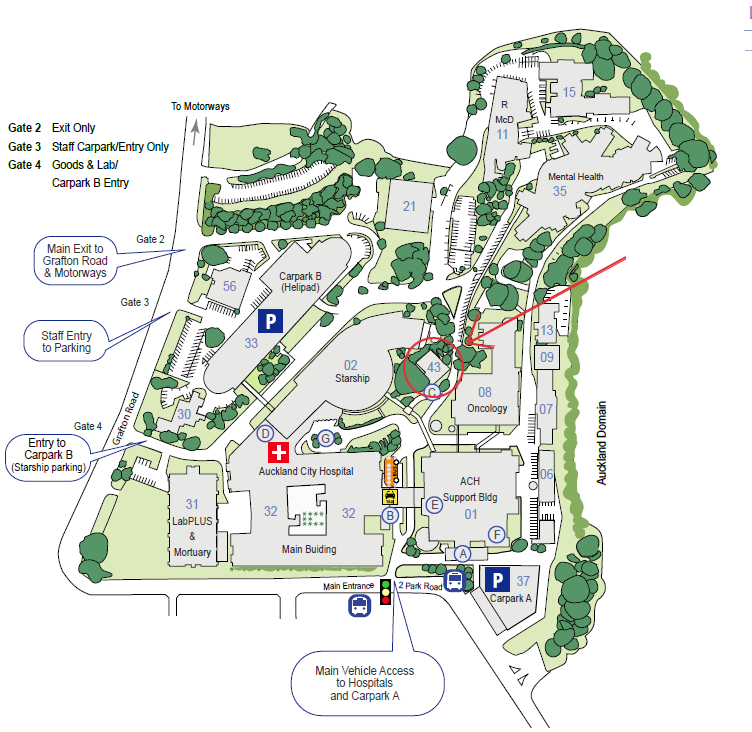Title
Cardiac Pacing, Sir William Bowman (1816 - 1892), and Jerusalem.Presented by
Ross BlairAbstract
When I attended a World Symposium on Cardiac Pacing in Jerusalem in 1987 I was fortunately able to obtain manuscripts of two lectures by William Bowman, On the Pathology of Fractures, and Spinal Paraplegia, given in Birmingham and London in 1835 and 1839, at the beginning of his apprenticeship training in surgery. These manuscripts give us an insight into the early understanding of the relationship of pathology to clinical syndromes in the era before anaesthesia, microbiology, and histology. After his memorable work identifying Bowman's Capsule of the glomerulus in the kidney, and when he had completed his training at King's College in 1844 he practiced as an ophthalmologist at the Royal London Hospital, later known as Moorfields Eye Hospital. In 1880 he founded the Ophthalmological Society which later became the Royal College of Ophthalmologists, and he is honoured with their annual 'Bowman Lecture'. He was a great supporter of Florence Nightingale.
Biography: Ross Blair
Retired Thoracic and Vascular Surgeon Waikato Hospital.
MB ChB Otago 1965. FRACS 1970. FACS1990.
RNZMC 1977 - 2015.
Medico-Legal: Chairman Ramstead Inquiry Christchurch 1993-94, Chairman Medico-Legal Law Reform Group 1994-95, Chairman Medicus Medical Indemnity Insurance 2010-2022
Title
Founders' Lecture: Sir William LileyPresented by
Peter StoneAbstract
Professor Sir William Liley was a courageous, astute pioneer and as the presentation will argue, can justifiably be called the father of fetal medicine.
His managements of hemolytic disease of the fetus and newborn not only saved the lives of many babies, but changed the course of fetal medicine. He showed that fetal treatment was possible even although the fetus seemed remote and unable to be communicated with.
Professor Liley developed methods to determine the severity of fetal affliction from hemolytic disease and having done this went on to design a way of treating the condition by intrauterine blood transfusion in the 1960s, long before the days of high-quality imaging with obstetric ultrasound. His achievements were recognized internationally.
The advent of immunoprophylaxis with Anti D immunoglobulin, ultrasound guided infraumbilical fetal blood transfusion and prediction of severity with Doppler ultrasound of fetal middle cerebral artery blood flow velocity has made many of the achievements of Professor Liley seem obsolete, but without his pioneering journey, the course of the treatment may have been very different. This talk will illustrate the progress that was made in tackling what was and still may be a devastating disease.
Biography: Peter Stone
Peter is Emeritus Professor in Obstetrics and Gynaecology in The University of Auckland. He graduated MB ChB in Auckland in 1975 and after completing his Diploma in Obstetrics and Gynaecology and Part 1 MRCOG at National Women’s Hospital. He then completed postgraduate training in the United Kingdom studying for his Doctor of Medicine in the University of Bristol where he completed a thesis on novel forms of Doppler waveform analysis in fetal growth restriction.
In 1987 Peter returned to take up a Senior Lecturers position in the Wellington School of Medicine and during that time set up the Maternal Fetal Medicine unit there, which was a model for New Zealand. In 1998, he was appointed to the Chair of Maternal Fetal Medicine in The University of Auckland at National Women’s. He retired from The University of Auckland in 2023, but continues to conduct research and supervise students undertaking honours projects. Along with 4 other doctors, he was part of a not-for-profit organization which enabled mifepristone, an important medicine in women’s health, to be available in New Zealand.
In collaboration with others Peter has published over 200 papers in the areas of fetal physiology, maternal health in pregnancy, prenatal screening and quality improvement.
For two periods over ten years he was the chair of the RANZCOG training accreditation committee in New Zealand, a RANZCOG councilor and led ultrasound teaching for the College and the Pacific Society of Reproductive Health for which he received the volunteer of the year award from the Australasian Society of Ultrasound in Medicine in 2012. He held a 5-year consultancy with the UNFPA to assist in the development of maternal fetal medicine in Mongolia.
Peter has a Distinguished Service award from RANZCOG, is a corecipient of the Beaven Medal from Health Research Council of New Zealand, has a Vice Chancellor’s Research Excellence award, and the President’s Medal from Pacific Society of Reproductive Health.



